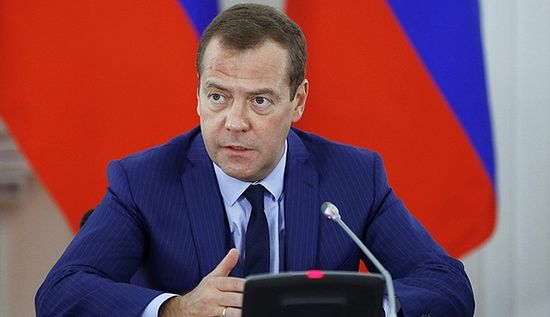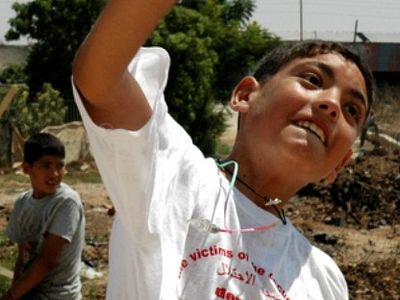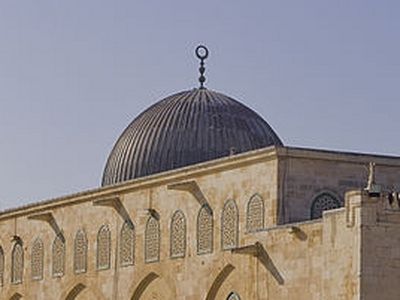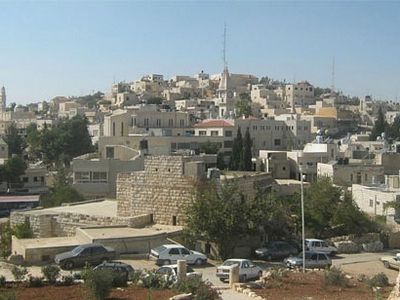Source: Al-Monitor
October 26, 2016
The upcoming visit by Russian Prime Minister Dmitry Medvedev to Israel and Palestine in November has produced a positive reaction from Palestinian officials.
While the visit planned for Nov. 10 has been billed as an anniversary celebration of the 25 years since Russia restored its ties with Israel, the Palestinian ambassador in Moscow welcomed the visit, calling Russia a supporter of Palestinian rights.
Abdel Hafiz Nofal, the Palestinian envoy to Russia, told Al-Monitor that Russia’s support has been consistent with Palestinian rights and aspirations. “Russia totally supports the Palestinian right for self-determination and the need for an independent Palestinian state on the 1967 borders with Jerusalem as its capital,” he said.
Russia, which is mired in the Syrian conflict, has also shown interest in the political quagmire of the Israeli-Palestinian conflict. As late as mid-September, Moscow was trying hard to host a direct Israeli-Palestinian summit in October. The summit has not materialized, but according to Nofal, the Russians have not given up on the idea. Palestinian PresidentMahmoud Abbas said Sept. 28 in an interview with the Turkish Anadolu Agency that Israeli Prime Minister Benjamin Netanyahu had foiled the Russian initiative because he refused to accept the two-state solution on the 1967 borders.
Nofal said he believes that the support of Russia is “much stronger and more dependable” than that of the Soviet Union. While the United States was the first country to recognize Israel as the de facto authority, the Soviet Union was the first country to recognize Israel as the de jure authority on May 17, 1948.
According to the Palestinian diplomat, a major reason for the steadiness of Russian support has to do with the Russian Orthodox Church and its sister church in Palestine. The Russian Church has developed into a major ally of Russian President Vladimir Putin. The Orthodox Russian Church has properties in Palestine, and the rejuvenated Russian Orthodox faithful have been flooding the holy places in Palestine as pilgrims.
Putin, who visited Palestine a number of times, inaugurated on June 26, 2012, a major multipurpose cultural center in Bethlehem on land that belongs to the Russian Orthodox Church. Nofal further said that Moscow plans to invest $50 million in the center. Palestinian officials have welcomed the Russian interest and investment. The mayor of Bethlehem renamed the street on which the new center is built “Putin Street.”
In another Palestinian town of Christian reference, Jericho, a Russian museum and park were built around the sycamore tree that reminds many faithful of the biblical story of Zacchaeus. The story was that Zacchaeus, a short man, had climbed a sycamore tree in Jericho to see Jesus.
Medvedev visited Jericho in July 2011, when he was president of Russia, and held a summit meeting with Abbas during which the new museum and park were inaugurated. In January 2016, the museum celebrated its fifth anniversary. A street was named after the Russian leader in Jericho in January 2012.
The Russian Orthodox presence is even felt in Hebron. In March 2016, the Palestinian government restored lands belonging to the Orthodox Church despite strong opposition by local Islamists. The latter insist that the land should be kept under the control of the Muslim Endowment, al-Waqf.
Despite the importance of the religious aspect of Russian-Palestinian relations, Palestinian officials and the public are hoping for a much higher level of relations — especially in terms of possible Russian investment in tourism. Russian pilgrims to Palestine and Israel annually amount to nearly one-quarter of all visitors. In 2014, of the 3.3 million pilgrims who visited the Holy Land, 22% (726,000) were Russian Orthodox.
Russians also have another reason for their special interest in Palestine and Israel. Some 1.5 million Israeli citizens are of Russian origin. Israeli Defense Minister Avigdor Liberman is a leader of the far right-wing Yisrael Beitenu party, which is made up almost exclusively of Russian Jews. Asked about how Russians view Liberman, the Palestinian ambassador said, “The world considers Liberman a catastrophe.”
Russian-Palestinian relations go beyond the official level. Khaled Ghazzal, a Palestinian engineer working in the Ramallah municipality, told Al-Monitor that Russia is a strong and serious supporter of Palestinians. “The Orthodox Russian Church is with us, and we have a strategic ally in the Russian Federation.”
With the United States and its Western allies unable to move the peace process or pressure the Israelis in this regard, Palestinians feel comfortable with their Russian allies. As long as Russian Orthodox Christians continue to visit the Palestinian holy places, and the political alignment of Russia remains with the Arab world, the strategic Russian-Palestinian relationship has a strong basis for long-term sustainability and mutual benefit.





